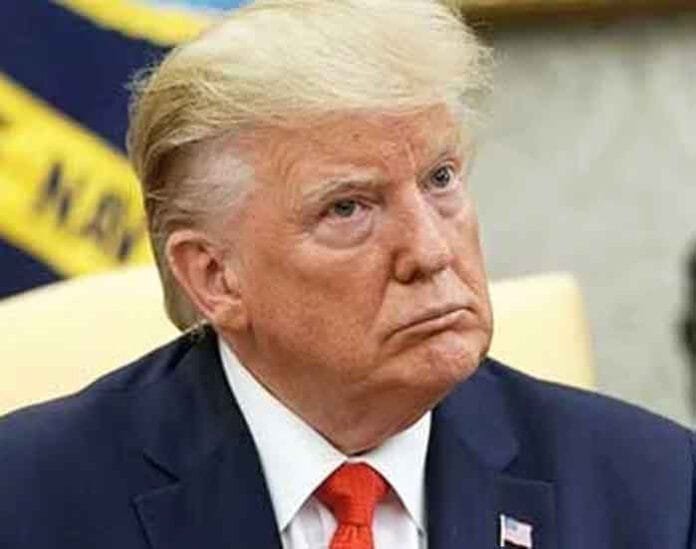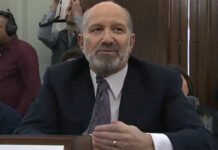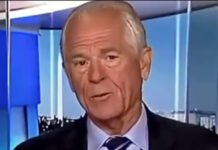INVC NEWS
Islamabad – : Tensions escalated between Pakistan and the United States after President Donald Trump ordered airstrikes on Iranian nuclear sites, just hours after Pakistan publicly recommended him for the Nobel Peace Prize for helping defuse a crisis with India. The sharp reversal exposed diplomatic friction and raised new questions about Washington’s role in regional stability.
From Praise to Condemnation in 24 Hours
Late Saturday evening, Pakistan praised Trump’s “decisive diplomatic intervention and pivotal leadership” for easing border tensions between India and Pakistan following the April massacre of tourists in Indian-administered Kashmir. Islamabad publicly posted its endorsement for Trump’s Nobel nomination on the X platform, citing his role in brokering a temporary ceasefire between the two nuclear-armed neighbors.
By Sunday evening, the tone had changed dramatically. Pakistan issued a statement strongly condemning the U.S. for its strikes on Iran, declaring the attacks a “serious violation of international law” and accusing Washington of targeting Iranian nuclear facilities that were under International Atomic Energy Agency (IAEA) protection.
Pakistan-Iran Alliance Shaped Islamabad’s Response
Prime Minister Shehbaz Sharif directly communicated his concerns to Iranian President Masoud Pezeshkian in a Sunday phone call, expressing dismay over the bombing of safeguarded sites. Islamabad has long maintained close ties with Tehran and has supported Iran’s right to self-defense against Israeli aggression.
The Pakistani leadership aligned its response with Iran’s stance, reinforcing its opposition to Israel’s actions in Lebanon, Gaza, and Iranian territory. Massive protests erupted in Karachi, where demonstrators condemned both Israel and the United States for what they called coordinated attacks on Muslim nations.
Trump’s Nobel Push Fades Into Silence
While the condemnation of the airstrikes made headlines, there was no official follow-up from Islamabad regarding the Nobel Peace Prize endorsement. The original recommendation came just one day after a high-level meeting between President Trump and Pakistan’s Army Chief General Asim Munir at the White House. The two-hour session was also attended by U.S. Secretary of State Marco Rubio and Steve Witkoff, Special Representative for Middle Eastern Affairs.
According to a Pakistani military statement, the leaders exchanged views on the Iran-Israel conflict, with an emphasis on diplomacy and conflict resolution. Yet, the abrupt U.S. military action undermined those talks and may have weakened Pakistan’s trust in American leadership on global peace initiatives.
India Stays Distant From U.S.-Brokered Ceasefire Narrative
While Pakistan credited Trump with cooling down tensions in Kashmir, India dismissed the notion of third-party mediation, maintaining that no external involvement was needed to resolve its internal affairs. The Indian government continues to blame Pakistan for sponsoring cross-border militancy in the disputed Himalayan region — an accusation Pakistan denies.
Kashmir remains one of the world’s most volatile flashpoints, with both countries laying full claim to the territory. Following April’s violence, artillery exchanges and fighter jet deployments intensified until diplomatic pressure, led in part by the U.S., temporarily halted the escalation.
Geopolitical Fallout Complicates U.S. Role in South Asia
The abrupt shift in Pakistan’s attitude — from praising Trump to denouncing him within a single news cycle — reflects the complex geopolitical calculations at play. The dual pressures of maintaining regional alliances with both Iran and the United States, while also managing conflict with India, continue to shape Islamabad’s diplomatic strategy.
Pakistan’s swift condemnation of the U.S. strikes also highlights growing unease in the Muslim world regarding Washington’s alignment with Israel and its expanding military role in the Middle East. With Iran signaling possible retaliation and Pakistan rallying regional support, the potential for broader conflict is growing.
U.S. Strikes Ripple Through Oil Markets and Diplomatic Channels
Alongside political backlash, the U.S. airstrikes have had tangible effects on global oil prices and energy markets, with Brent and WTI crude futures spiking amid concerns over supply disruptions. Countries dependent on Persian Gulf trade routes are bracing for new logistical and security challenges.
Amid these developments, Trump’s controversial role as both peacemaker and military aggressor has come under global scrutiny. Whether his name remains under consideration for the Nobel Prize now appears less likely, given the backlash from allies like Pakistan.
















